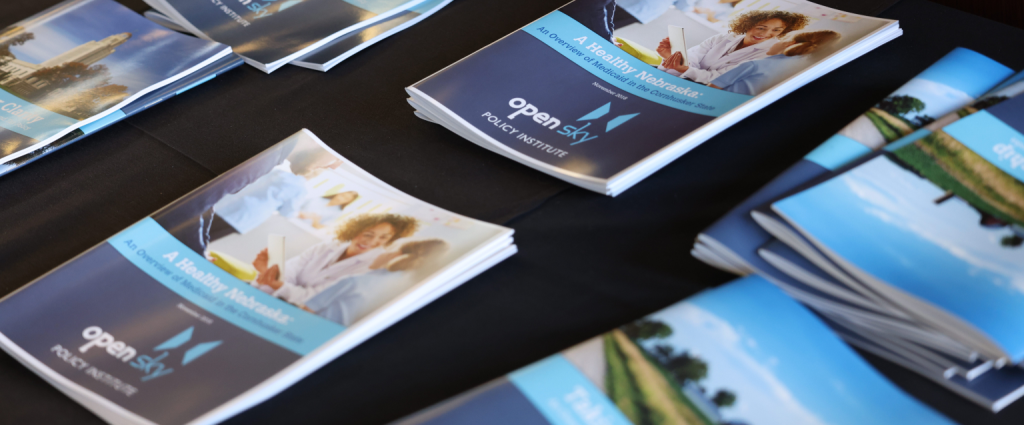33%
In a world without racial inequality, 20% of each race or ethnicity would be represented in each quintile of income earners. But 33% of Black households fall in the bottom 20% of income earners in Nebraska compared to 6% in the highest-income quintile. Among Hispanic households, 31% land in the lowest 20% compared to 7% in the top bracket, according to analysis by the Institute on Taxation and Economic Policy.
Based on the demographic data, regressive tax policies where lower-income families pay more of their income in taxes than wealthier families risk disproportionately taxing communities of color and worsening racial disparities. Personal and corporate income tax cuts approved last year are forecasted to drop Nebraska’s tax inequality rating from 20th-most fair to 20th-least fair.
Read more on policies that center on Black women to improve well-being for everyone
Read more on fairness in state and local tax systems
29 of 39
The Governor’s tax package aimed at reducing what property taxpayers pay to fund local government services included new revenue caps on Nebraska’s cities and counties. But with no consensus emerging on how to fund property tax reductions, senators are expected to return to Lincoln for a special session later this year.
Revenue caps, while generally designed as a mechanism to limit local government spending, lessen the ability for locally elected officials to provide the resources they see as necessary to meet the needs of their constituents. In Washington state, where caps on property tax revenues are among the strictest in the country, the State Auditor’s Office has identified “concerning” or “cautionary” issues with the budgets of 29 of the state’s 39 counties, and in more than 200 municipalities.
The relatively high burden of property taxes is not only a Nebraska issue. A recent study by CoreLogic found that from 2019 through 2023, the median U.S. single-family property tax bill rose by 24%. Higher property taxes resulted from rising single-family home prices, which rose 40% from 2019 to 2022 nationwide.
Read more on revenue caps in Washington from InvestigateWest
Read OpenSky’s overview on property taxes in Nebraska
Number crunching
- July 1, 2027 – As part of LB 937, policymakers approved a sales tax exemption on diapers in Nebraska to begin on July 1, 2027. It’s estimated that sales taxes collected on diaper purchases bring in nearly $2.5 million a year.
- 4,555 – A new report from Nebraska’s Coordinating Commission on Postsecondary Education finds that Nebraska lost an average of 4,555 working-age adults with a bachelor’s degree or higher to out-migration from 2018 to 2022.
- 77% – In a recent nationwide survey, 77% of respondents supported increasing investments in child care, elder and disability care, and paid family and medical leave through taxes on the wealthiest individuals and wealthy corporations.
- 1.8 million – Almost 1.8 million more women ages 25 to 54 were in the labor force this year compared to 2019, with foreign-born women driving the recent increase.
85 million
New rules finalized by the Centers for Medicare & Medicaid Services aim to improve access to high-quality health care for the 85 million people covered by Medicaid nationwide. Among the rule changes are maximum wait times for managed care enrollees seeking primary care, OB/GYN services, mental health or substance-use treatment and new standards for Medicaid Advisory Committees in each state to ensure that Medicaid enrollees, their families and caregivers are represented.
The new rules also outline minimum staffing requirements for nursing homes. In Nebraska, many nursing homes, especially those in rural areas, already face workforce challenges.
Read more from Center on Budget and Policy Priorities
Read OpenSky’s overview on Medicaid in Nebraska
Quiet week
OpenSky will be temporarily closing its doors next week to allow our hardworking team to recharge and refresh.
This short hiatus will enable us to return to work on May 6 with even greater passion and dedication to our mission to improve opportunities for all Nebraskans.



